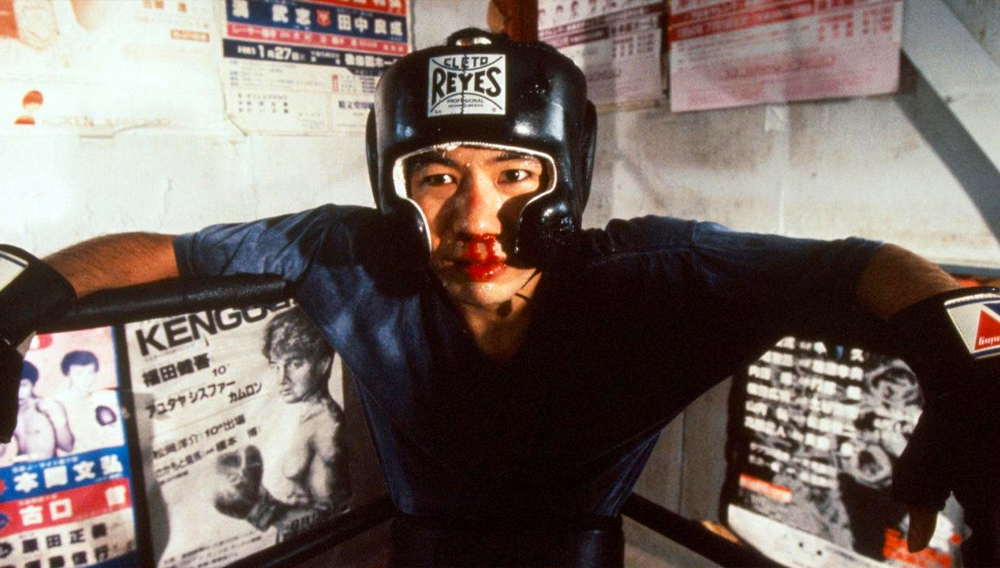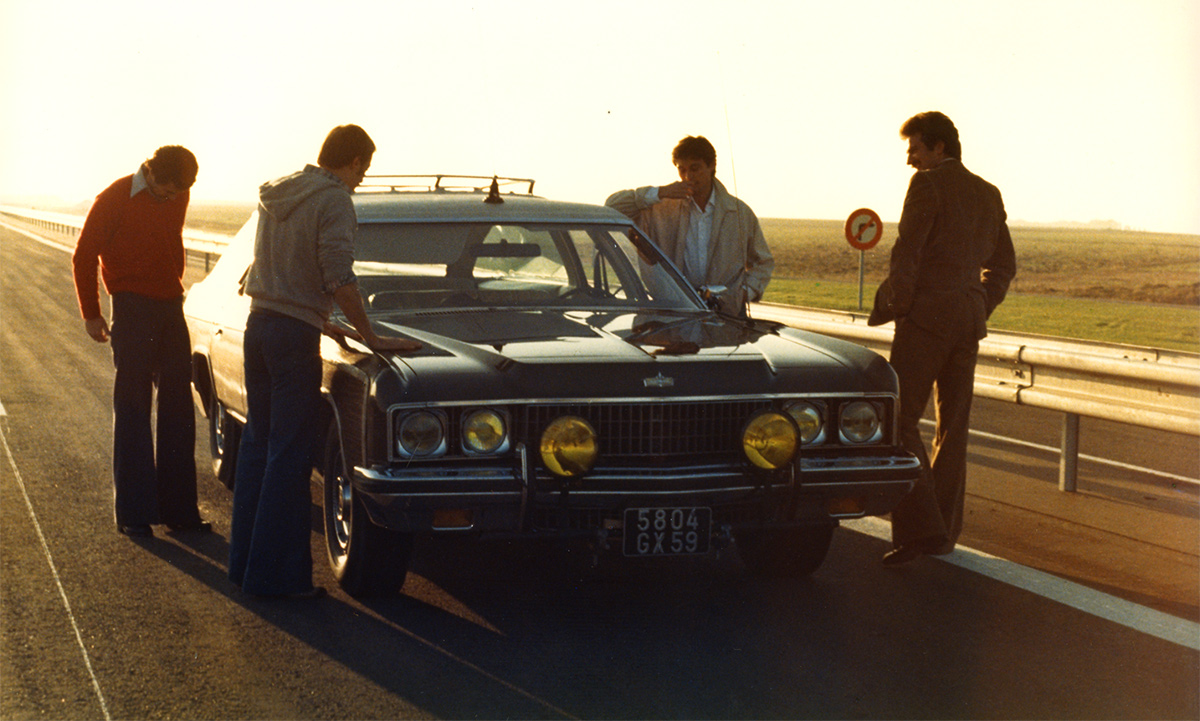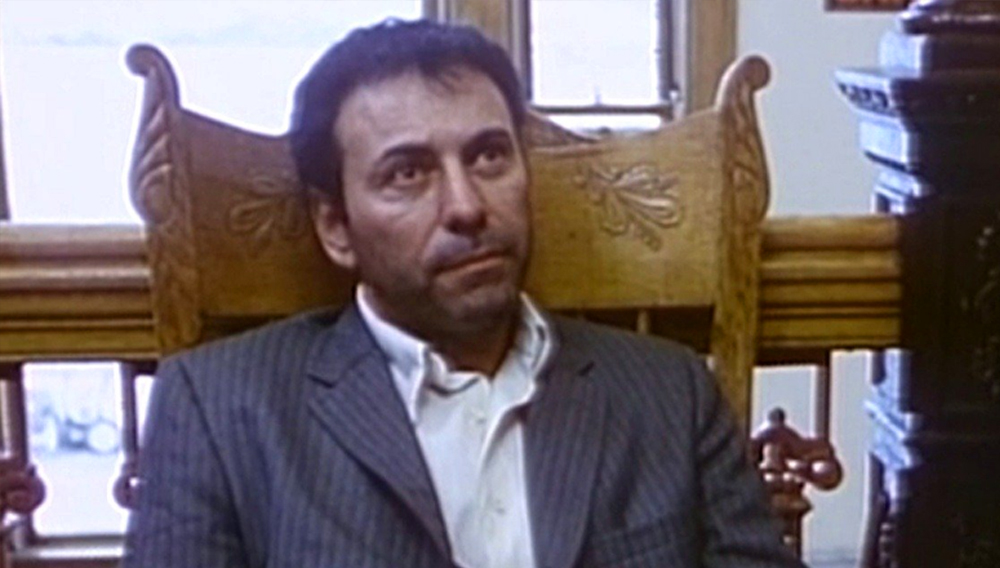6.January.2012: Everybody’s talking about J. Hoberman two days after the critic was dismissed from his longtime post at the Village Voice. Hoberman himself didn’t point any fingers in the gracious letter to coworkers that he published on his homepage: “I learned nearly everything I know about writing and a good chunk of what I know about life at the Voice; the paper gave me space to invent myself (that is, develop my own particular interests and means of expression), as well as the opportunity to work .” Many of Hoberman’s former colleagues and students are in turn discussing what they’ve learned from this exemplary critic. Glen Kenny offers nine choice excerpts from Hoberman’s criticism and takes the tenth slot for his own two cents. Self-described “lucky Hobermanbot” Jessica Winter also weaves some of Hoberman’s writings into her tribute for Time. Writing for the IFC blog, Matt Singer excavates some pearls he copied down from one of Hoberman’s seminars at NYU. At Indiewire Anthony Kaufman takes a more practical line in considering how Hoberman’s being let go means that “the indie film industry has lost another one of its most important champions.” The Los Angeles Weekly reprints a characteristically perceptive article by Hoberman on Jean-Luc Godard’s Weekend (1968) in advance of a Godard heavy month at Cinefamily .
Nominations for excellence in American theatrical films and long-form television are in from Producers , Writers, and Art Directors guilds. Start honing your Oscar predictions accordingly. Meanwhile, New Yorker critic Richard Brody questions the Academy’s deferential protocol for Foreign Language Film nominations: “I can’t help but wonder…whether the inclusion of foreign governments or quasi-governmental organizations in the Oscar process is part of an implicit reciprocity regarding Hollywood’s access to foreign markets, its fight against piracy, and the close, albeit unofficial, ties between the U. S. government and the Motion Picture Association of America (which is currently headed by former Senator Chris Dodd).”
The 23rd Palm Springs International Film Festival opened last night with an early screening of Lasse Hallström’s Salmon Fishing in the Yemen. Rebecca Keegan has an overview for the Los Angeles Times, while critic Michael Guillén takes an in-depth look at the Latin American titles playing this year’s festival. The inaugural “First Look” international showcase opens at New York’s Museum of the Moving Image opens tonight with Chantal Akerman’s Almayer’s Folly. Previews of the fest are available from Tony Pipolo for Artforum, Eric Hynes for the Village Voice, and Jesse Cataldo for the MUBI notebook.
Chris Kelly sat down with BloombergTV for a wide-ranging conversation that touched on the former Facebook Chief Privacy Officer’s support of Fandor: “The power that people hold in their hands today to make beautiful film is immense and growing all the time, and that’s great. But then there is the distribution challenge…and that’s one of the reasons I back Fandor.”
Which reminds us…Fandor features four audacious features this week: Canadian auteur Bruce McDonald’s exuberant and surreal road movie Highway 61 (1991); István Szabó’s ambitious dramatization of Hungary’s historical memory, 25 Fireman’s Street (1973); Craig Baldwin’s madcap “pseudo-pseudo-documentary” of American imperialism, Tribulation 99 (1991), once deemed “one of the most exhilarating underground movies in recent years” by none other than J. Hoberman; and Abel Gance’s monumental silent epic, La Roue (1923), a dazzling technical achievement and a holy grail for generations of cinephiles (Akira Kurosawa described it as “the first film that really impressed me”).

















